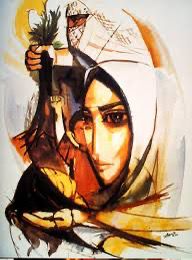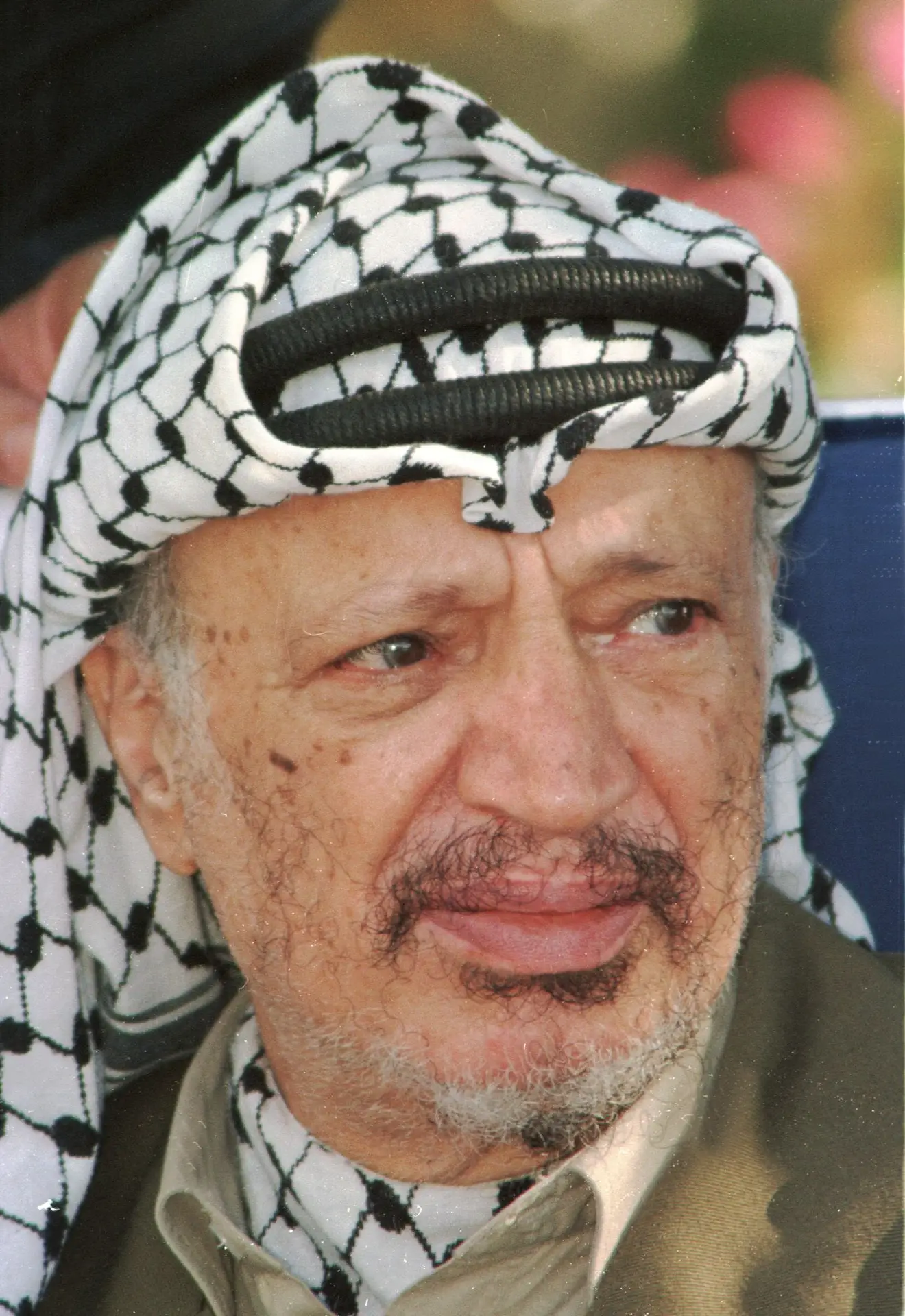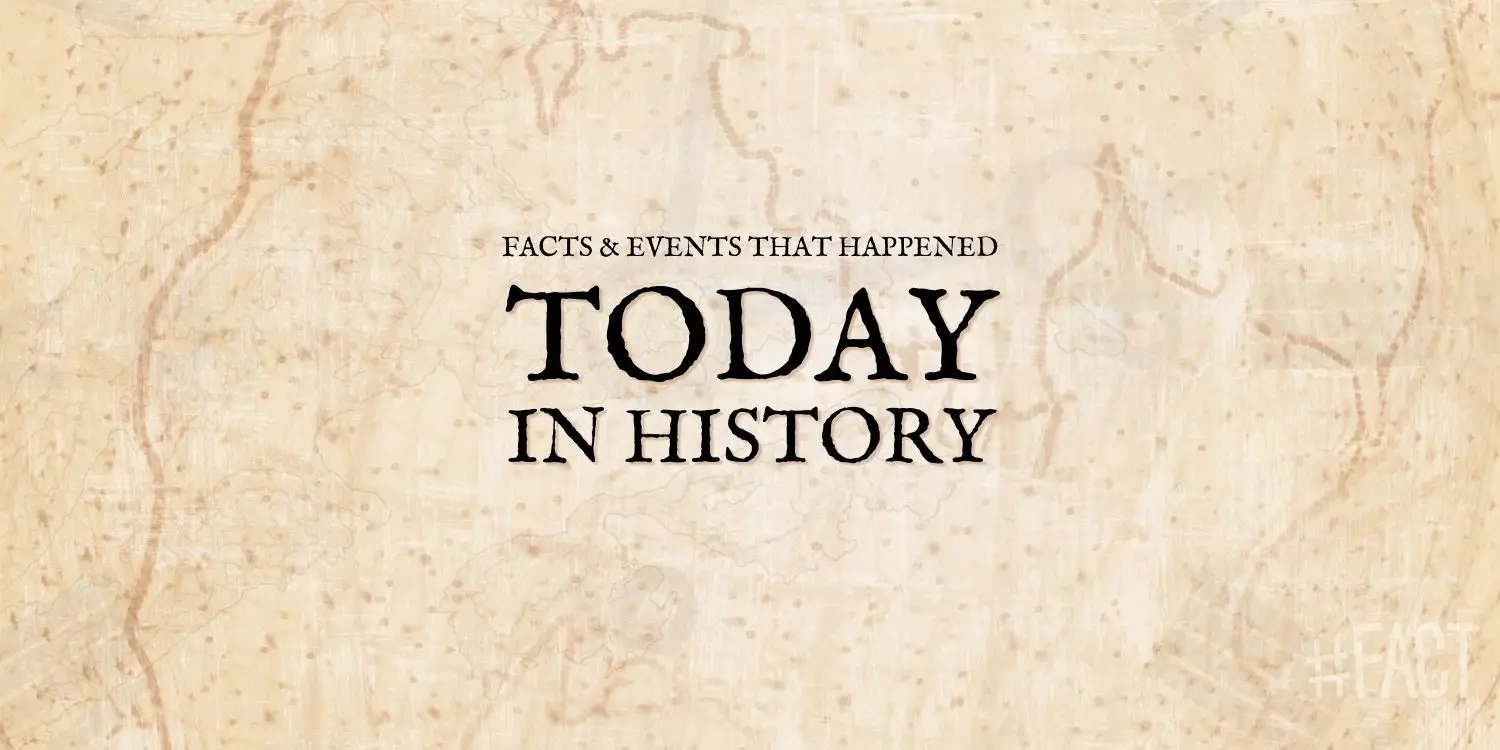Yasser Arafat (born Mohammed Yasser Abdel Rahman Abdel Raouf Arafat al-Qudwa) was born on August 24, 1929, in Cairo, Egypt, to a Palestinian family originally from Gaza. Arafat became one of the most prominent figures in the Palestinian national movement and a global symbol of the Palestinian struggle for statehood.
Early Life and Rise to Leadership:
Arafat’s involvement in Palestinian activism began in his youth, when he participated in anti-British and anti-Zionist activities. He studied civil engineering at Cairo University, where he became involved in Arab nationalist movements and the Muslim Brotherhood. Arafat co-founded Fatah in 1959, a political and military organization focused on armed struggle to liberate Palestine. Fatah became the dominant faction within the Palestine Liberation Organization (PLO), which was established in 1964 with the aim of representing the Palestinian people in their fight for independence.
Arafat became the leader of the PLO in 1969, a position he held until his death. Under his leadership, the PLO became a key player in the Middle Eastern political landscape, combining diplomacy with armed resistance. Arafat positioned the PLO as the legitimate representative of the Palestinian people, both in the territories occupied by Israel and in the diaspora.
Political and Diplomatic Efforts:
Arafat’s leadership transformed the Palestinian cause from a regional struggle into an international issue. He gained worldwide attention after the Battle of Karameh in 1968, where Palestinian and Jordanian forces resisted an Israeli military incursion. Though a military defeat, it was seen as a symbolic victory for Arafat and boosted his reputation.
In the 1970s and 1980s, Arafat and the PLO were involved in numerous armed conflicts, including the Lebanese Civil War and Black September in Jordan. During this period, the PLO also engaged in attacks against Israel, including hijackings and bombings, leading to its designation as a terrorist organization by Israel and its allies.
However, Arafat’s leadership also marked a shift toward diplomacy. In 1974, he gave a landmark speech at the United Nations General Assembly, famously saying, “I have come bearing an olive branch and a freedom fighter’s gun. Do not let the olive branch fall from my hand.” This speech represented a turning point, as the PLO began seeking recognition from the international community and support for a two-state solution.
Oslo Accords and Nobel Peace Prize:
Arafat’s most significant diplomatic achievement came with the Oslo Accords in 1993, a series of agreements between the PLO and Israel that laid the groundwork for peace talks and the establishment of a Palestinian state. The accords, negotiated secretly in Norway, resulted in mutual recognition between the PLO and Israel. Arafat, Israeli Prime Minister Yitzhak Rabin, and Foreign Minister Shimon Peres were awarded the Nobel Peace Prize in 1994 for their efforts to bring about peace.
Following the Oslo Accords, Arafat returned to Palestine for the first time in decades and became the first president of the Palestinian National Authority (PNA) in 1996. However, the peace process stalled in subsequent years, leading to renewed violence during the Second Intifada (2000–2005). Arafat’s role in the intifada, as well as his inability to fully deliver on the promises of Oslo, caused friction with both Israeli and Palestinian factions.
Challenges and Legacy:
Arafat remained a controversial figure, loved by many Palestinians as a symbol of resistance and independence, but criticized by others for his authoritarian rule and failure to achieve a lasting peace. During the Second Intifada, Israel and the U.S. accused Arafat of supporting militant attacks against Israeli civilians, leading to his virtual house arrest in his Ramallah compound by the Israeli military from 2002 until his death in 2004.
Despite the challenges, Arafat’s legacy is undeniable. He is remembered for his unwavering commitment to the Palestinian cause, his ability to unite disparate Palestinian factions under one umbrella, and his role in bringing international attention to the plight of his people. His iconic keffiyeh (Palestinian headscarf), worn draped around his head, became a symbol of the Palestinian struggle for many around the world.
Death and Controversies:
Arafat died on November 11, 2004, in a French military hospital after a sudden illness. His death remains shrouded in mystery, with some claiming he was poisoned, although no conclusive evidence has emerged. His death marked the end of an era, leaving a vacuum in Palestinian leadership that has yet to be fully filled.
Arafat’s mausoleum in Ramallah is a symbol of Palestinian national identity, and despite the controversies surrounding his leadership, his place as the most famous figure in Palestinian history remains unchallenged. His life encapsulates the struggles, hopes, and aspirations of the Palestinian people throughout much of the 20th century.





